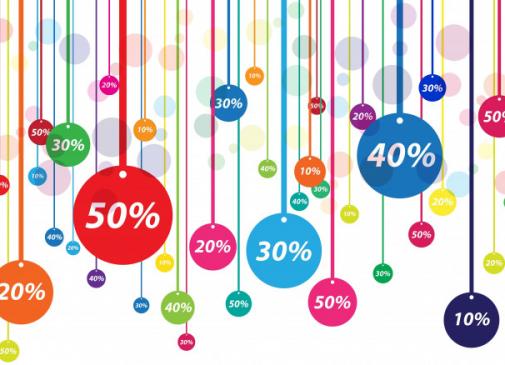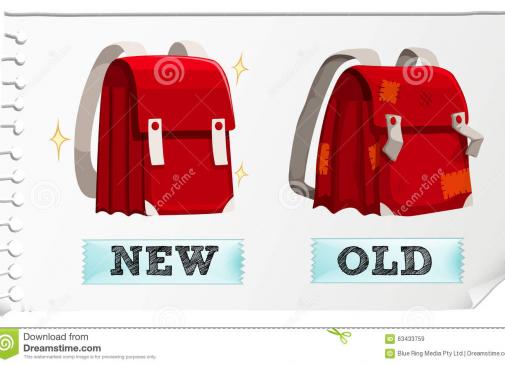The mall foot traffic has been declining rapidly as a vast majority of shoppers prefer online shopping to visits in traditional stores. Social and economic factors play their part in this shift, but the change goes deeper.
The mall foot traffic has been declining rapidly as a vast majority of shoppers prefer online shopping to visits in traditional stores. Social and economic factors play their part in this shift, but the change goes deeper.
Digital age gave rise to a new consumer and it remains doubtful whether bricks can outdo clicks in catering to their needs. Only those who will know how to adapt to this new reality stand a chance. To survive the retail shakeup, brick-and-mortar stores must reposition their offering, while applying some of the clever tricks that made virtual shops so popular with consumers.
Entertain me
Successful online stores ensure convenience, good value for money and a seemingly endless assortment. But first and foremost, they offer fun. To win a consumer's heart, a brand must engage, excite and entertain. Sadly, the major players in traditional retail segment so far have failed to recognize the importance of these three key elements. While Big Data helps Big Retail analyze shoppers' behaviours and preferences, retailers should put their efforts into creating a truly entertaining and thrilling experience for a client. It boils down to making a better use of their already existing resources instead of relying solely on price promotions to lure shoppers.
Going cheap
Global crisis took its toll on societies and affected their shopping habits, deepening a divide between the affluent and the impoverished middle class whose disposable income shrank considerably. Major players in traditional retail believe they know how to respond to consumers' need to tighten the belt. Their offering has become cheaper at the cost of quality. But contrary to their expectations, this strategy fails to boost foot traffic. Disillusioned by poor quality, consumers turn to online shopping. Instead of offering low quality at a low price, retailers should make use of their store staff's skills and knowledge to add human value to the shopping experience.
Destination: online stores
While luxury retail is not likely to be threatened by e-commerce and will continue to exist as an exclusive niche for the world's wealthiest, middle-class shopper-oriented malls are on the verge of becoming extinct. Middle-brow brands which plan to stay in business will have to provide service and staff training modelled after the luxury brands, at least for a few showcase venues. Otherwise, online shopping will be the only viable option for consumers, while traditional malls as we know them will gradually fall into oblivion.
Source: http://www.therobinreport.com










